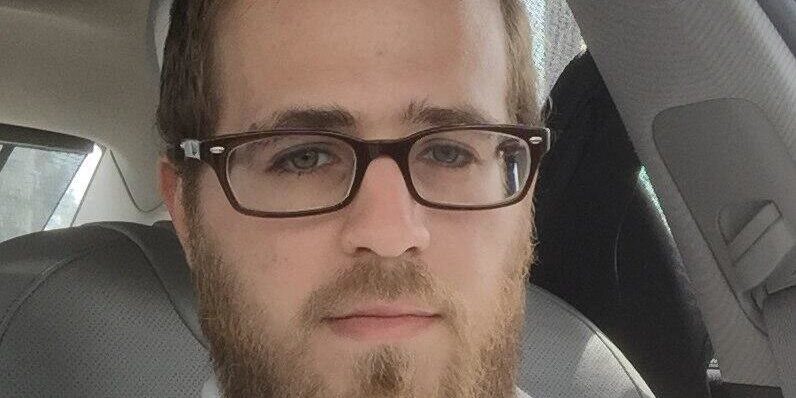An Israeli man was indicted by U.S. authorities for a Fonzie scheme in which he defrauded investors of some 47 million dollars to finance his lavish lifestyle.
Court filings in Los Angeles County, show the U.S. Security and Exchange Commission and Israeli security officials, alleged that 35-year-old Yossi Engel promised at least 29 ultra-Orthodox investors that their money would go to his security cameras company iWitness Tech, and to real estate development in the Israeli ultra-Orthodox city of Bnei Brak.
2 View gallery
“Engel cultivated a reputation in the Orthodox Jewish community as a studier of Torah and as a generous donor. He opened his own small synagogue in a room next to his iWitness office and spent time teaching Torah to others. iWitness investors believed Engel to be trustworthy as well as charismatic,” court filing showed.
He confessed his crimes late in 2020 but fled to Israel and is now wanted by authorities.
Engel falsely told investors “that he would use their funds to purchase security camera equipment that he would later install. In the second iteration of his scheme, he told investors that he would use their funds to purchase property in Israel that he would then develop and sell. Both of these claims were false: rather than use investor money to purchase cameras or develop property, Engel misappropriated the funds by spending investor money for his personal benefit and making Ponzi-like payments to earlier investors in an attempt to keep the scheme going. In total, Engel raised at least $47 million from December 2018 to January 2021 from at least 29 defrauded investors across the country,” the court filings say.
“Engel, however, exploited the goodwill he engendered through his community activities to engage in a fraudulent Securities offering scheme,” according to the documents filed.
“The reason Engel could not obtain bank financing was because his businesses were not real,” the filing goes on to say, “Typically, investors sent money to Engel and iWitness by wire or by check. But, in some instances, Engel told investors to wire funds to another investor. Purported returns were also occasionally wired to investors via a wire from another investor. Most iWitness investors did not question this flow of funds, but the ones who did were told that they needed to send money via the third party because the third party was capable of changing money in Israel at lower rates than the banks. This was another falsehood.”
Engel created the illusion of profitable earnings by using investor funds to rent offices and cars and pay for staff when in fact his camera installation business had not made money since it was established in 2018.
In the five years that the company was in existence, it had only 20 or 30 clients in projects earning a few thousand dollars.
“The appearance of iWitness as a profitable, ongoing business, was material to investors’ decisions to invest in iWitness,” the filings say.
In 2020, Engel came up with a new scheme. He allegedly told investors that he had close ties to Bnei Brak mayor Avraham Rubinstein, which enable him to expedite the development of projects to build apartments for rent, that will be sold below market, for a quick profit.
He sent his potential investors clips and photos of an apartment block in Israel, copies of Israel Land Authorities documents, and even a video of him sitting in the mayor’s office.
Only later did he admit the investment plan was based on lies and that the clips he had sent showed apartments in which he had lived in the past. The clip from Bnei Brak’s municipality was filmed when he dropped in on the mayor to say hello.
Engel withdrew a salary of six million dollars for himself, much of it in cash, and allegedly sent an additional 2.5 million dollars to money changers in Israel. He also allegedly spent $56,880 on gambling casinos and private jets at least twice.
His scheme began to unravel in December 2020. More investments failed to come in and cover his debts and he fled the U.S. for Israel.
“After a flurry of emails in which he apologized for ruining people’s lives due to his “sickness,” he briefly returned and, during that time, he met with some investors who were attempting to salvage their losses,” court filings said.
“He eventually signed a notarized statement on February 7, 2021, admitting to securities fraud, and he participated in a recorded meeting with several investors on or around March 2021 in which he admitted that he was running a Ponzi scheme,” the filings said.
He promised his investors that he would immediately return their funds but had not returned to the U.S. since.
Engel is charged with violations of Section 10(b) of the Exchange Act and Rule 10b-5. If found guilty, he could face up to 10 years in prison.







